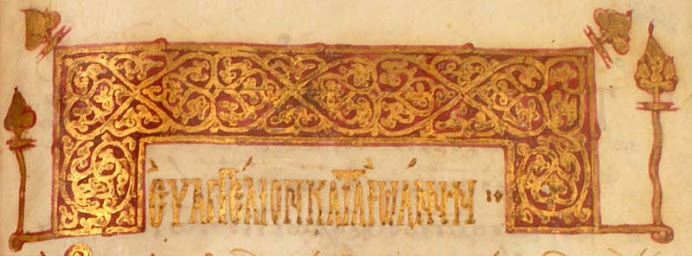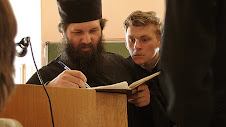The late biblical scholar Carsten Peter Thiede writes the following in his posthumously published work Jesus, Man or Myth:
Thus, modern theologians who shape their own Jesus according to their own theologies and ideologies are merely following in ancient footsteps. The list of examples could be extended at leisure. Even today, manipulation of the actual text remains a possibility. What, for example, did Jesus teach his disciples about the prerequisites for the expulsion of demons? Apart from the fact that some New Testament critics prefer to doubt that there were (and are) demons and that Jesus cast them out, the case is clear. In cases of life-threatening danger, when the whole of one’s existence, body, mind and soul, is possessed, it follows that the healer’s body, mind and soul must be prepared to face the enemy. “This kind can come out only through prayer and fasting,” Jesus explains to the disciples who had failed to cast out the demon” (Mark 9:29). For anyone who has tried to understand Jewish thought, this is a logical consequence. Jesus does not depart radically from the Jewish concept of body, mind and soul as a whole, created by God – he emphasizes it. Praying and fasting generally characterize Jews who want to be ready for God. “There was also a prophet, Anna the daughter of Phanuel, of the tribe of Asher,” we read in Luke 2:36-37. “She was of great age, having lived with her husband for seven years after her marriage, then as a widow to the age of eighty-four. She never left the temple but worshipped there with fasting and prayer night and day.” In Antioch, Barnabas and Paul are to be commissioned by the community, and everyone gets ready: “After prayer and fasting, they laid their hands on them and sent them off” (Acts 13:3). Barnabas and Paul themselves later followed the same practice: “And after they had appointed elders for them in each church, with prayer and fasting they entrusted them to the Lord in whom they had come to believe” (Acts 14:23). Fasting is not always a continuous activity. It may be brief, just like a short but intense prayer. And fasting may also be wrong – Jesus criticized some of the Pharisees for their public showpiece way of fasting, and recommended that his disciples fast in their own rooms, not in public. So much is obvious, then. The teaching of Jesus did not go beyond the scope of Jewish practice, but he applied it to a rarer activity, the casting out of demons.
Now open a New Testament, and you will find that practically all recent translations have deleted the fasting from Mark 9:29. You may find it in the footnotes, but as we saw briefly in a previous chapter, it has disappeared from the actual text. Why? Because the two standard editions of the Greek New Testament, the United Bible Societies text and the Nestle-Aland, do not have it any more, and these are used and followed by translators. And what are the reasons for this radical departure from almost two thousand years of tradition? They are explained in the official handbook on the committee decisions that created the modern Greek text, Bruce Metzger’s Commentary on the Greek New Testament. There we are told that “in the light of the increasing emphasis in the early church on the necessity of fasting, it is understandable that ‘and by fasting‘ (kai nesteia in the Greek) is a gloss that foud its way into most witnesses.” This is ideology, or, if you prefer, bad theology, and it is certainly very bad textual criticism. Because of some guesswork about alleged increase in fasting in the early church, it is decreed that these decisive words were added to the ancient manuscripts by fasting fanatics.
In fact, though, the early church had nothing to do with it – as we have seen, Jesus the teacher taught within the framework of Jewish thought and used fasting in a particular, extreme situation. He, and later his disciples through him, had the power to cast out demons. Others had not. But even the disciples could not just flick a switch to make it happen. They had to be prepared. Therefore, the few and late manuscripts of Mark’s Gospel that deleted the fasting probably did so for quite another theological reason. It was not explicitly mentioned that Jesus had fasted before he went up the Mount of the Transfiguration (the incident immediately before the healing), and so they deleted it, forgetting that the transfiguration in Mark 9:2-8 was one of those cases where Jesus would have fasted beforehand anyway. The Gospels do no always go into detail about the obvious. One could even argue, turning Metzger’s argument on its head, that “and by fasting” was deleted because too many people had taken to fasting in the fourth century (when the deletion occurred), and the words were dropped so as not to encourage others. Whatever the reason, the text simply does not make sense without its punchline, the combination of prayer and fasting. Prayer was something the disciples would have done anyway before they tried to heal the demon-possessed boy. It went without saying. If this had been all Jesus had taught them after their failure, they would have stood there with blank incomprehension. In brief, even Jesus the teacher can be manipulated by modern editorial decisions, and as a result, he may lose both his Jewishness and the reach of his timeless teaching.









No comments:
Post a Comment